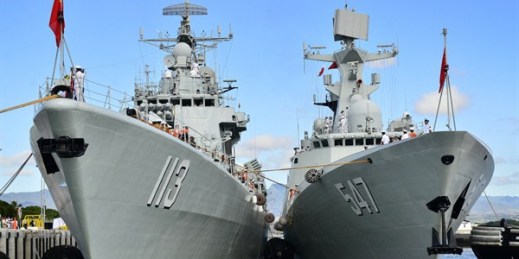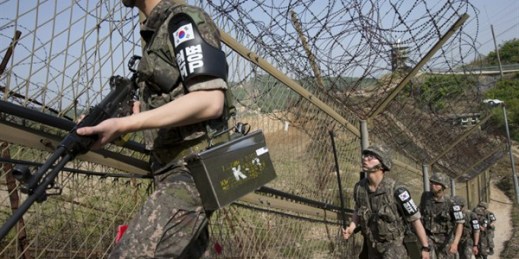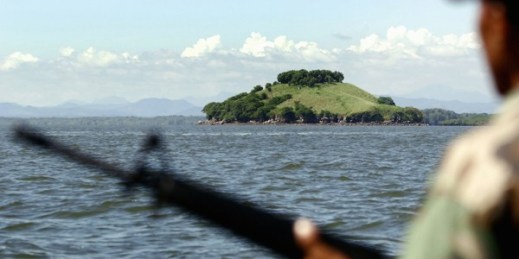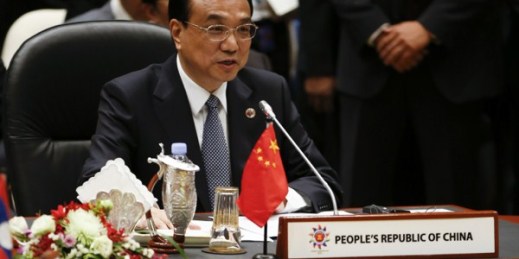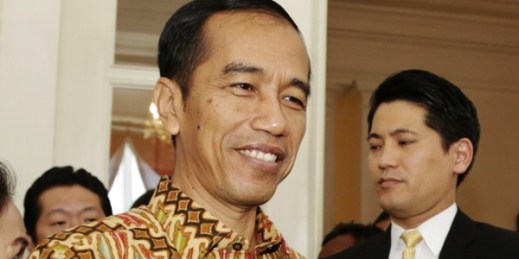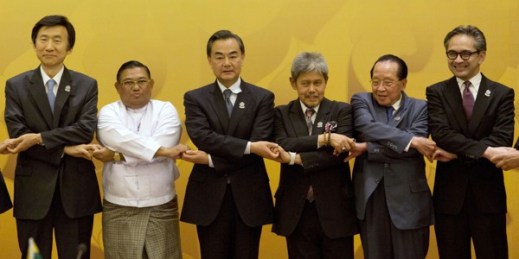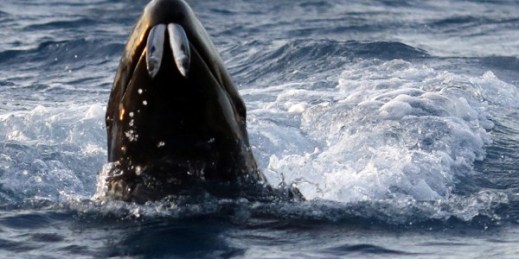
At a conference in Slovenia last week, the International Whaling Commission voted against allowing Japan to hunt whales in the Antarctic. In an email interview, Atsushi Ishii, associate professor of international relations and sociology of science and technology at Tohoku University, discussed Japan’s whaling program. WPR: What role does whaling play in Japan, economically and culturally? Atsushi Ishii: The Japanese have been whaling since ancient times and whaling-related culture flourished in rural coastal areas. After Japan’s defeat in World War II, whale meat was almost the only protein source for the Japanese people and became part of the national cuisine. […]

